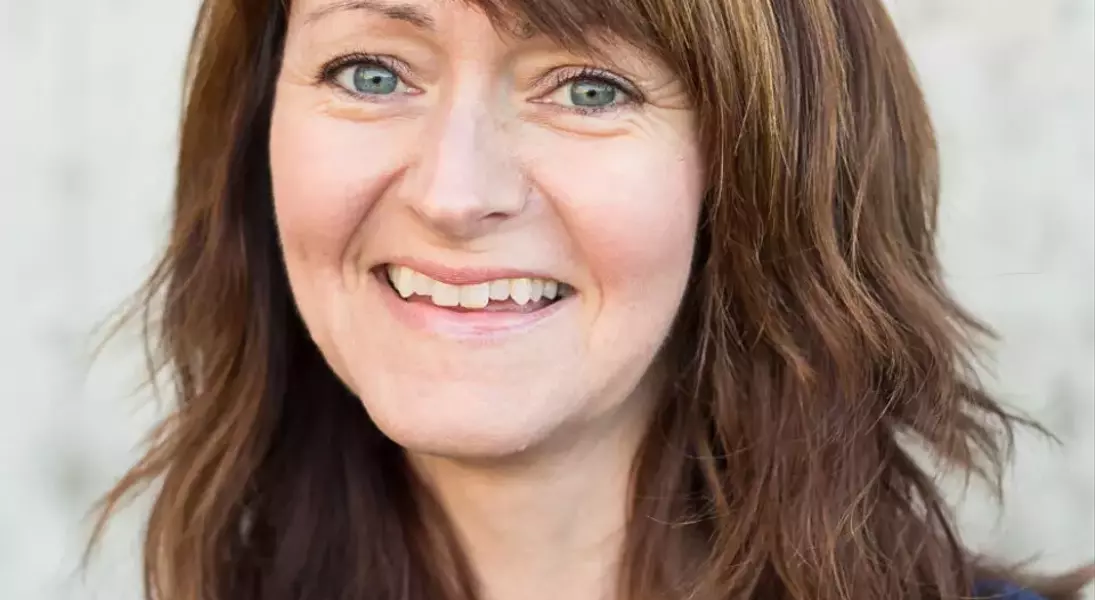Health problems often being attributed solely to weight is a common issue faced by many. In this study, we explore the experiences of 14 women with severe obesity after being hospitalized. These women share their fears of not being believed when seriously ill and feeling unseen as a person due to their body size.
Uncovering the Hidden Struggles of Women with Severe Obesity
Healthcare Professionals' Blame on Weight
Patients in the study reported that healthcare professionals often blamed everything on their weight, regardless of the reason for hospitalization. Weight loss was presented as a solution to most of their problems, leading to feelings of shame, guilt, and a sense that the situation was their own fault. For example, one patient shared how she was constantly reminded about her weight during her hospital stay, even when it had nothing to do with her current illness.Another patient described how she was made to feel like her weight was the root cause of all her problems, which added to her distress and made her feel like she was not being treated as a whole person.Prejudgment and Stereotypes
The women also experienced prejudgment from healthcare professionals. They felt that healthcare workers had certain stereotypes when seeing a large person. As soon as someone had a high weight, they were associated with danger. Many felt they were placed in a preconceived box defining how an overweight person is perceived. This aligns with what healthcare professionals themselves report, as studies show that many indeed hold these attitudes. For instance, a patient recounted an incident where a doctor immediately assumed she had certain health issues just because of her weight, without even conducting a proper examination.This preconceived notion not only affected the way these patients were treated but also made them feel like their individuality was being overlooked.Differential Treatment and Facility Inadequacies
Patients experienced being treated differently by healthcare professionals. Some encountered stigmatising body language, such as grimacing. They also felt that hospital facilities were not adapted to their needs. This included chairs, beds, or blood pressure monitors that did not fit. Some worried that equipment that did not fit could lead to inaccurate measurements. For example, a patient had to struggle to fit on a standard hospital bed, which affected her comfort and recovery.Another patient mentioned how the lack of appropriate-sized equipment made her feel like an outsider in the hospital environment. She described how it was difficult to get accurate readings and how this added to her anxiety.Delay in Seeking Medical Help
The patients shared that they fear being hospitalized again not only because of the illness itself but also because of how they might be treated. Many studies show that women with obesity seek medical help later than women of normal weight. They hesitate, and that's very serious. One patient explained how she had been putting off seeking medical help for a long time due to fear of being judged and treated differently.This delay in seeking help can have serious consequences for their health, as early detection and treatment are crucial.Improvement Needed in Institutions
There is significant room for improvement in how institutions are equipped. Reflecting on her own time as a nurse, Robstad recalls always having to run around looking for shirts and blood pressure cuffs that were large enough. There are beds designed for individuals with obesity today, but there simply aren't enough of them. This lack of proper equipment can make the hospital stay more difficult for these patients.For instance, a patient had to wait for a long time to get a suitable bed, which affected her recovery process.Education and Awareness
Almost everyone exercises weight stigma to some extent, whether consciously or unconsciously. Larsen believes that education and attitudes have not kept pace with recent advances in obesity research. It's not as simple as losing weight to fix the problem; it's an incredibly complex picture. Hospitals are also poorly adapted to accommodate larger bodies. Not all scales have a high enough capacity, which can be embarrassing and demoralizing for the patient.For example, a patient was once made to feel ashamed when the scale maxed out before she could get an accurate reading.Larsen emphasizes the need for governmental action to raise awareness about this issue and include it in education. Healthcare institutions should incorporate training to help staff reduce stigma and focus on health rather than body size.In conclusion, the experiences of these women with severe obesity highlight the need for a change in the way healthcare professionals approach and treat patients with obesity. It is essential to move beyond stereotypes and prejudices and provide individualized care to ensure the well-being of these patients.You May Like




